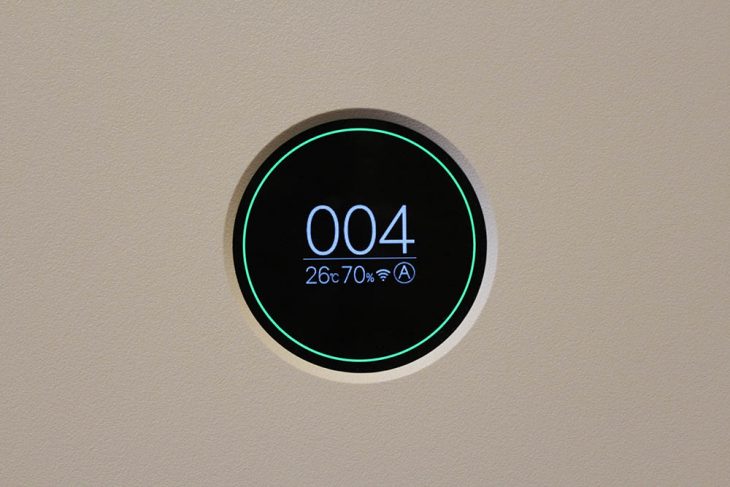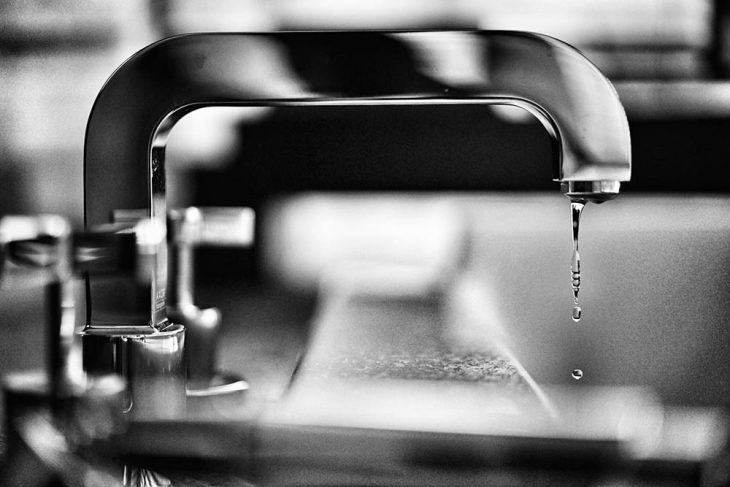
The type of home you live in strongly affects your health and well-being. The average person spends more than 60% of their day at home. It’s hardly shocking that people who live in substandard houses and bad environments often have to deal with many health problems. If you’re building a home, you need to take planning very seriously, and before purchasing a home or moving into a new environment, you have to carefully consider the new living conditions.
How Housing Affects Your Health
Some housing factors that may affect your health include indoor air quality, water quality, ventilation systems, space per individual, and irritants like asbestos and mold.

Indoor Air Quality
Indoor air quality (IAQ) is the quality of the air we breathe in our homes, schools and offices. It’s one of the many parameters used for assessing indoor environmental quality (IEQ).
Your respiratory health is largely affected by the kind of air you breathe. If your home’s air is strongly polluted, you might have to deal with some serious respiratory issues. Air pollutants that can get into your home include cigarette smoke, dust particles, pesticides, radon gas, airborne asbestos fiber and volatile organic compounds. Having a high concentration of these pollutants in your home spells trouble for your air quality. Strong air pollution can lead to chronic respiratory conditions like asthma and chronic obstructive pulmonary disease (COPD) or eye, nose and throat irritations.
If you smoke cigarettes indoors, keep in mind that secondhand smoke causes cardiovascular and respiratory diseases. You may need to smoke outdoors or by a window to keep members of your household safe. Radon is another air pollutant that can do a lot of harm. It’s a radioactive gas that naturally occurs in soil. Your home can be exposed to it if there are structural errors in the building like gaps in basement walls or large faults in the foundation.
Air pollutants usually become more concentrated with higher temperature and humidity. Damp, hot and stuffy buildings encourage several health hazards. People in damp buildings are more likely to develop respiratory infections, asthma or allergies.
If you live in a very damp home, make plans to find a better place. A damp home favors the growth of mold, allergens and disease-causing microorganisms. Inhaling mold fragments leads to nasal congestion, wheezing, cough or throat irritation.
Overall, high levels of indoor dampness affect your immune system and reduce lung function.
Housing Structure & Design
Your home’s design and structure have a role to play in your physical and mental health. A well-constructed home offers you safety, shelter and privacy. But it’s a different story with a poorly developed building. Standard safety devices like fire extinguishers, smoke detectors or carbon monoxide detectors are absent from poorly designed homes, increasing the risk of safety hazards and serious injuries.
A poorly designed home will also cause you emotional discomfort and mess with your mental health. Everyone wants to live in a spacious home with a great view because it’s better for the mind. But no one ever dreams of living in a hot, crowded space.
Crowded living spaces have been found to increase psychological distress, and studies have linked insufficient sunlight to increased depressive symptoms.
Another home design quality that can affect your health is ventilation. Proper cross ventilation ensures that enough oxygen comes in, and carbon dioxide and other unwanted gasses go out. Crowded and cramped spaces usually lack adequate ventilation, leading to the spread of infectious diseases. Always inspect a potential home’s design and structure before moving in. Children living in poorly designed homes are more prone to injuries and potentially fatal accidents like choking, falls, and burns.

Water Quality
This is one of the most important factors that can affect your health. Bad water quality leads to a plethora of health problems. According to NEEF, about 70% of water usage in America occurs indoors. This suggests that the quality of our home’s water is an important factor in how our health turns out.
The WHO says that globally, at least 2 billion people drink feces-contaminated water. This leads to millions of gastrointestinal illnesses being recorded annually. Our water is often teeming with microorganisms, and a high percentage of these microorganisms can cause deadly infectious diseases. Other contaminants like pesticides and heavy metals can lead to reproductive or neurological disorders.
Your home water can be contaminated at any point in its journey from the city water supply to your home’s faucets. Sources of contamination may include sewage releases, debris from reservoir tanks and chemicals or microorganisms in the piping.
Although over 80% of individuals get their water supply from official supply channels in the US, at least 15 million people get their drinking water from private wells, making it hard to regulate the quality of the water supplied to them. It’s entirely up to these homeowners to ensure that their water is safe to use. If you’re not confident in your water’s safety, don’t panic. There are easy ways to ensure its safety. First, you need to run some tests on your home water. You can do this using a DIY water test kit or contacting a service provider. A water test helps you know what contaminants are in your water and the correct treatment option to follow.
Depending on the results from your water test, you can choose to treat your water by water softening or water filtration.
A water softening process deals with hard water. It doesn’t remove contaminants.
A water filtration process, on the other hand, serves to remove contamination. There are different kinds of water filters, and they all work on various contaminants. Your choice of water filter will depend on your budget and the type of pollutant you’re trying to remove. You’ll find most home water filters ranging from $60-$1000. This site provides more information about the latest prices for each type of filter.
Conclusion
While having a bad house can contribute to your health negatively, good housing can help to promote a healthy lifestyle. Many bad housing conditions can be remedied by remodelling or adding appropriate fixtures like safety devices and water filters.
You can improve indoor air quality by regularly changing the air conditioning filters in your home and constantly emptying the air ducts. Alternatively, you can opt for an air filtration system which costs anywhere from $500-$2000.



